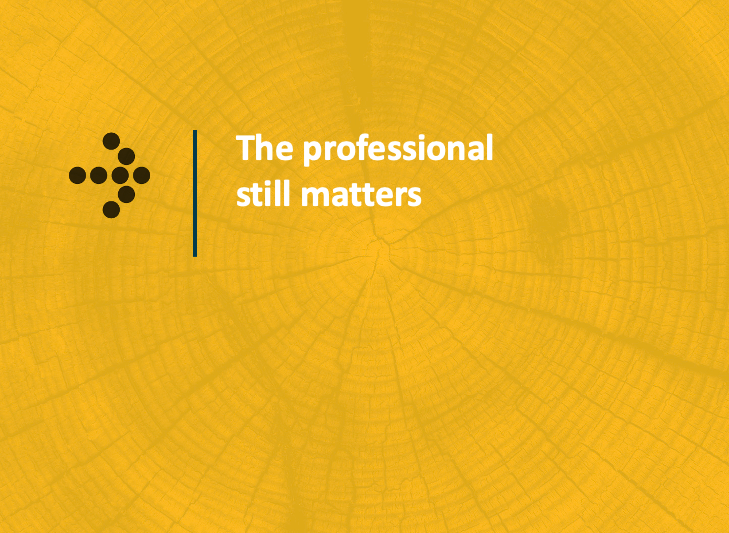The professional still matters

We live in a world where technology is everywhere. If your business does not incorporate technological methods to make things smarter, faster and more efficient, your existence is probably in danger.
But beware of relying on tech only, particularly when it comes to predicting performance in the workplace.
Evalex recently conducted some in-house research based on data collected from our own work done with various clients. This research illustrated that when working with personality differences, cognitive ability, a person’s value system, interests, and preferred work styles you should be careful only to make use of technology or subjective inputs from managers when constructing job profiles. When it comes to predicting performance in the workplace, the input of a trained professional psychologist is still the best way of guaranteeing accurate results.
The sample size for this research was n=30. With validated and pure performance data, we took 10 low, 10 average, and 10 high performers in typical middle management roles and correlated their performance data with three different data sets:
- The first correlation was against management opinion of a middle management role. Here, senior managers were asked to profile a typical middle management job profile using cognitive ability benchmarks, personality preferences, values, workstyles and interests. For example, middle management should score high on a personality dimension such as “ownership and control”.
- The second correlation with the performance data was the correlation against a middle management job profile that was determined by average scores of the 30 candidates’ psychometric data. For example, averaging all personality dimensions to determine which dimensions should probably be included in a typical middle management role.
- The third correlation with the performance data was against the final recommendation of each candidate’s report by a professional psychologist for a typical middle management role. For example, whether the psychologist recommended the candidate for a middle management role or not. Five different categories were used:
- Recommended
- Recommended with slight caution
- Recommended with caution
- Recommended with strong caution
- Not recommended
The outcome was as follows:
- The recommendation for the first set was 0.04
- The recommendation for the second set was 0.49
- The recommendation for the third set was 0.67
Although the sample size was small, it was pure and validated. The differences were quite significant and revealed that the input of a psychologist when it comes to final recommendations is still plays a crucial part in explaining people’s perform levels the workplace.
The assumption can be made that human beings are very complex, and that the nuances and differences in cognitive ability and other psychometric assessments need to be explained and reasoned by trained professional. We can argue that when constructing job profiles, input from professionals is still crucial as other variables are likely to change the final outcome or recommendation.
This is just the start of an exciting ongoing research process. We are currently gathering more data gathering and expanding the sample size to add more weight to our findings. We will share more results as they become available.
– Willie van Tonder